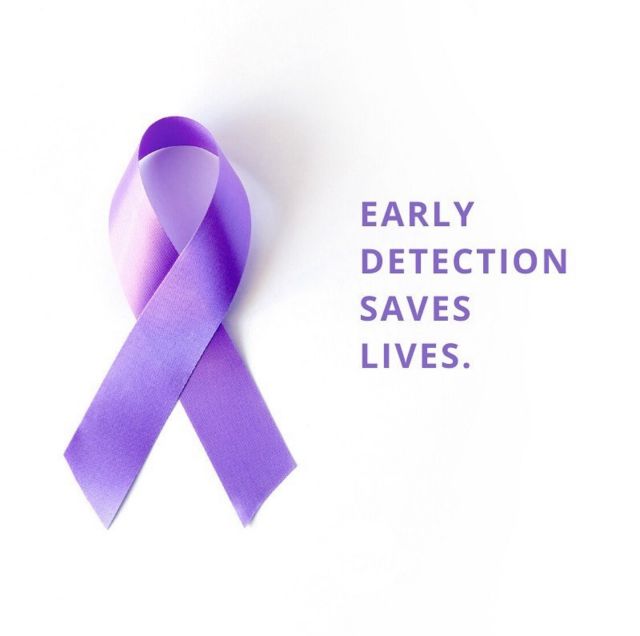Oncologists are faced with a huge challenge in the face of pancreatic cancer. Its inflicted nature, and the fact that it’s usually diagnosed at a late stage, make this difficult to treat. While scientists continue to research its complexity and complexities, there are many questions raised regarding the causes. genetic predispositions. Strategies for prevention. and the help offered by pancreatic cancer charities.
Pancreatic Cancer: Is it Genetic?
One of the most frequent questions regarding pancreatic cancer centers around the genetic element. Most pancreatic tumors are thought to occur sporadic and without any apparent hereditary triggers however a subset has been linked with genetic mutations. Certain genetic disorders like hereditary pancreatitis, Lynch syndrome and familial atypical mole melanoma (FAMMM) syndrome, are associated with the probability of developing pancreatic carcinoma. Furthermore, genetic mutations such as BRCA1, BRCA2, PALB2 and ATM are implicated in the cases of familial pancreatic cancer. Understanding the genetics of pancreatic carcinoma not only sheds more light on its pathogenesis but also assists in screening and risk assessments for people who are at high risk.

Preventing Pancreatic Cancer
With the dire prognosis that is often associated with pancreatic cancers, efforts to stop its development are vital. While some factors that increase the risk of developing cancer, such as age, gender, race, and the history of family members, are not within one’s control There are lifestyle changes that can lower the risk. A reduced risk of pancreatic cancer has been linked to a number of factors, such as quitting smoking and maintaining eating a balanced diet in addition to limiting alcohol and eating more fruits, vegetables and cereals. Genetic testing and counseling might be beneficial to those who have a family history or genetic predisposition towards pancreatic carcinoma. This will help them assess their risk, and inform their preventive measures. Pancreatic Cancer is preventable and improved outcomes by addressing the risk of modifiable and encouraging early detection through surveillance among high-risk populations.
Pancreatic Cancer Causes
Knowing the root factors that cause pancreatic tumors is vital to devise effective preventative and intervention strategies. The mechanisms that cause pancreatic carcinogenesis remain elusive, but several risk factors are in play. Smoking is among the biggest risk factors for pancreatic cancer, accounting for 20-30 percent. Chronic pancreatitis, a condition which is characterised by inflammation of the organ has also been deemed to be a pre-cursor to pancreatic cancer. Additionally overweight, diabetes, and certain dietary habits such as consumption of processed and red beef are associated with an increased risk for pancreatic cancer. The burden of pancreatic cancer can be decreased by addressing the risk factors and adopting preventive strategies.
Pancreatic Cancer Charity Beacon of Support
The significance of pancreatic charitable organizations in addressing the challenges of pancreatic carcinoma can’t be overstated. These organizations are invaluable resources for assistance, education and advocacy to caregivers, patients and healthcare professionals. Pancreatic Cancer Charities offer an array of services such as financial assistance in the form of support groups, informational resources, and access to clinical trial. They also play an crucial role in raising public awareness about the pancreatic disease by encouraging early detection, and pushing for increased funding for research. Pancreatic cancer charities strive to have a profound influence on the fight against this illness by encouraging collaboration and community involvement. Visit Pancreatic cancer charity
Pancreatic Cancer: The Landscape of the disease
In the end, pancreatic cancer presents a multifaceted challenge that demands a comprehensive strategy that includes genetic understanding methods for prevention, as well as assistance provided by Pancreatic cancer charity. While genetic factors contribute to certain cases, efforts to avoid pancreatic cancer focus on the risk factors that can be controlled and earlier detection of those who are at risk. Pancreatic cancer can be reduced by addressing the main causes and by utilizing the pancreatic organizations. As research continues to progress and awareness grows the chances are there for a brighter future in the fight against pancreatic cancer.